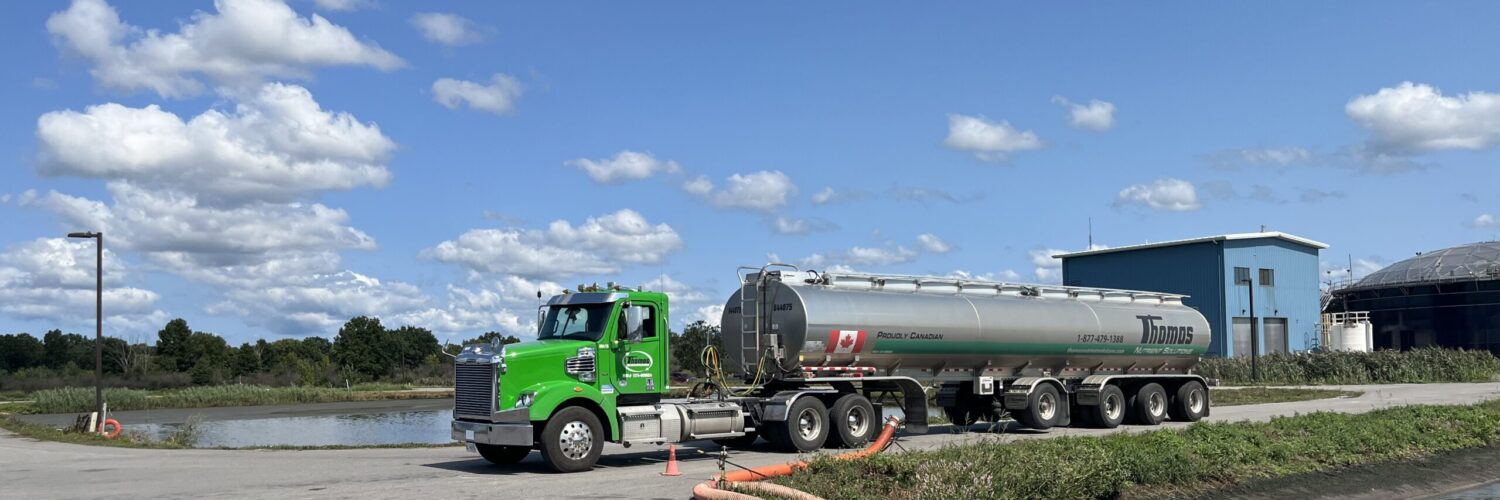Our water resources should be safeguarded and properly managed to prevent accidental spills and leakages from ruining our environment and costing millions in taxpayer money. By using blockchain technology, we are one step closer to better managing our water sources as well as wastewater disposal and ensuring that the community will real the full benefits of responsible water management.
Blockchain technology, a distributed database management system, could be an effective tool for improving the reporting and efficiently overseeing sizable databases of transaction information. It uses a distributed ledger (shared and synchronized digital data) to record transactions between two parties in a verifiable and permanent way, without requiring a central entity to record and maintain the list of transactions. Blockchain is managed by a peer-to-peer network collectively adhering to a protocol for inter-node communication and validation of new blocks, which are collections of transactions. The data collected on this database can be used to develop ideal management strategies for handling the water flow network.
Municipalities face a number of ongoing challenges around wastewater management including the large and growing volumes of wastewater that needs to be processed for treatment and the identification of leaks in the system. In both cases, the water flows need to be tightly monitored to reduce any incidence of leaks. If water leaks from the system, it could cause catastrophic damage to the ecosystem and eventually to the community. This could even be worse if wastewater escaped out into the environment without any detection.
Blockchain could be used to provide an efficient, accurate and transparent collection of information, avoiding errors in reporting which help develop enhance waste management strategies that limit incidences of leakage or illegal dumping.
This also makes it easier for regulatory agencies to follow the water and waste streams because of transparent record keeping and verification that are the main characteristics of blockchain technology. Records pertaining to source water transactions, wastewater generation, shipments of wastewater, treatment of wastewater, supply of reclaimed water, wastewater disposal quantities, and quantities and pollutant concentrations of material sent to a landfill for disposal, can all be tracked effectively.
Implementing blockchain technology could save taxpayers’ money by reducing the need for costly audits and improving incentives for accurate reporting of downstream transactions. Although blockchain by itself is not enough to ensure optimal transactions, it could provide transparent quality data which can influence optimal decisions.
If you are a municipality in Ontario and in need of a biosolids management solution, please feel free to contact us at 1 (877) 479-1388.
Source:
https://www.resourcesmag.org

